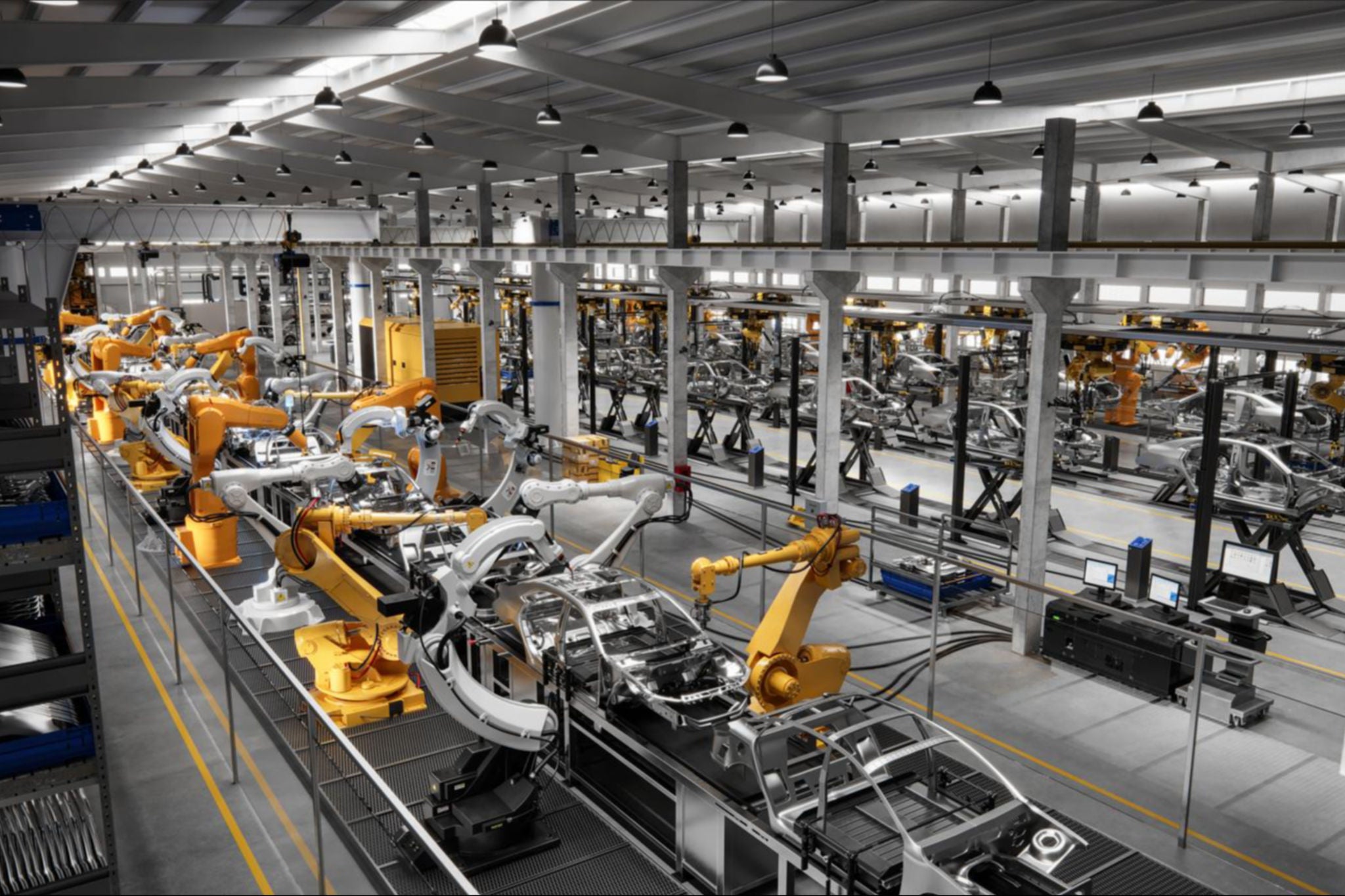EY refers to the global organization, and may refer to one or more, of the member firms of Ernst & Young Global Limited, each of which is a separate legal entity. Ernst & Young Global Limited, a UK company limited by guarantee, does not provide services to clients.
How EY can Help
-
The broad and consistent global approach that EY takes can help your business make successful investment decisions. Find out how.
Read more
Promoting investments and R&D
More than 140 countries have committed to implementing a 15% global minimum tax rate for large multinational enterprises (MNEs) between now and 2025. Singapore will also be implementing the 15% global minimum effective tax rate next year. Understandably, many large MNEs will be re-evaluating business plans, reorganizing operations and considering the implications for global supply chains and financing arrangements to ensure compliance and maintain tax efficiency.
With BEPS 2.0 Pillar Two, Singapore’s ability to use tax incentives to attract foreign direct investments from large MNEs may be diluted. In response, a new fiscal scheme, Refundable Investment Credit (RIC), was introduced in Budget 2024 to enhance the nation’s investment promotion tool kit. The RIC scheme will offer up to 50% support on each qualifying expenditure category for up to 10 years.






